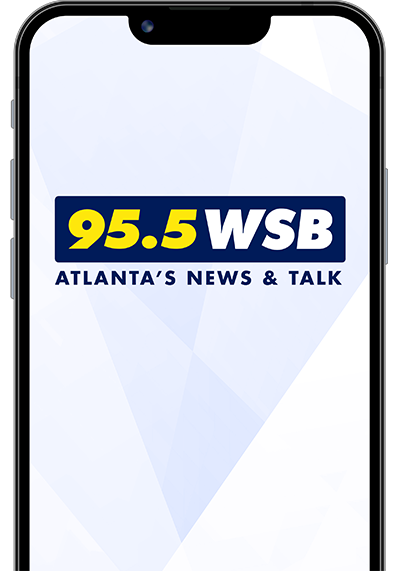CLARKSTON, Ga. — Public health experts and doctors have repeated the same message over and over during this pandemic: wear a mask, wash your hand and keep your distance.
But often, that message is delivered in English.
That can create a problem in places like Clarkston, Georgia. The city calls itself ‘"the most diverse square mile in America." Clarkston’s immigrants and refugee population speak a combined 60 languages.
Channel 2 anchor Jorge Estevez visited Georgia State University’s Clarkston campus to meet with young members of the immigrant community. They explained to him how language barriers create misinformation and put us all at risk of spreading COVID -19.
“When first COVID came out, who was afraid of the impact in communities of non-English speaking people?” Estevez asked a group of four student public health volunteers. They all raised their hands.
These students are some of the volunteers at GSU’s Prevention Research Center (PRC). It is a Centers for Disease Control and Prevention program to address health disparities in Clarkston. It is one of 26 PRCs around the country.
[SPECIAL SECTION: Coronavirus Pandemic in Georgia]
2 INVESTIGATES:
- Catching COVID-19 twice? UGA researchers looking at how long immunity from virus lasts
- Some Georgians say insurance companies forcing them to pay more for medications
- Law enforcement officers got unemployment while still working full-time, investigation finds
Recently, the students have been preparing COVID-19 kits for residents. A critical piece of those kits are fact sheets about COVID-19 that bilingual students have translated so that residents can actually understand them and learn what stops the spread of the virus.
“When a community doesn’t understand COVID, it can affect by them getting COVID and spreading it to you,” said PRC volunteer Jamila Asker. She is a Somali-American Clarkston resident and senior at GSU.
“Especially, looking at COVID, it’s a need of resources and even knowing where to get the resources. There might be like free testing over there, but you don’t know it’s free testing,” Asker said.
Recent biology graduate Jose Mejia was born in Mexico. He is a PRC volunteer who’s seen the danger of language barriers during the pandemic firsthand.
“Sometimes, they don’t believe in COVID-19. They just think it’s like the flu. They don’t want to take a medicine, or they don’t want to see a doctor,” Mejia said. “They just want to take some home remedy.”
Volunteer and psychology major Mohammad Tamer, from Iraq, has seen it firsthand, too.
“It’s lack of information, and lots of misinformation. So you need the right people to provide the correct information in the correct language,” he said.
“Yeah, their English is limited, so we have to tell them about what’s going on,” said Watema Emmannuel, who moved to Clarkston from Congo in 2016.
The PRC’s head of community engagement, Mary Helen O’Connor, told Estevez the students' ability to translate health information can be an incredible tool in slowing the virus’s spread.
“We’ve worked really hard for the entire pandemic to bring resources to the Clarkston community, and the students that you interviewed play a large part in that,” O’Connor said.
She also explained migrants and refugees can be overwhelmed when navigating the United States' complicated health care system.
“Just making an appointment, or figuring out how to get to the hospital, or understanding how health insurance works in this country — it’s incredibly difficult,” O’Conner said.
[DOWNLOAD: Free WSB-TV News app for alerts as news breaks]
“You talk about that but throw on top of that a pandemic,” Estevez said.
“We’ve done two research studies since the pandemic started. What we learned is that it’s actually exacerbated existing health disparities,” O’Conner said.
While the PRC works to make health information accessible, the message from these students is clear: These aren’t just Clarkston’s challenges. The spread of COVID-19 here can impact the entire state.
“The reality is people feel that this problem doesn’t affect them because they speak English,. They understand the material. What do you say to that?” Estevez asked Jamila Asker.
“If you are in that situation, would you want somebody to say that about you?” Asker asked.









